

Buy Waylivra (volanesorsen) Online
$11,859.10
- DISEASE INDICATIONS: Familial chylomicronemia syndrome (FCS)
- MANUFACTURER: Akcea Therapeutics Ireland Limited
- USAGE: Subcutaneous
- MEDICINE APPROVED BY:
- European Medical Agency (EMA)
Waylivra (volanesorsen) is a prescription medication used to treat familial chylomicronemia syndrome (FCS), a rare genetic disorder that causes high levels of triglycerides (a type of fat) in the blood.

Buy Waylivra (volanesorsen) Online
$11,859.10
- Description
- Additional information
- Reviews (3)
Description
Waylivra (volanesorsen)
Description
Waylivra (volanesorsen) is a prescription medication used to treat familial chylomicronemia syndrome (FCS), a rare genetic disorder that causes high levels of triglycerides (a type of fat) in the blood. FCS can lead to serious health problems, such as pancreatitis, heart disease, and stroke.
Waylivra works by blocking the production of apolipoprotein C-III (apoC-III), a protein that helps to transport triglycerides in the blood. By blocking the production of apoC-III, Waylivra can help to lower triglyceride levels and reduce the risk of serious health problems associated with FCS.
Uses
Waylivra is used to treat FCS in adults and children 6 years of age and older.
How to use
Waylivra is administered by subcutaneous injection (under the skin) once per week. The dose of Waylivra is determined by your doctor based on your individual needs.
Dosage
The recommended starting dose of Waylivra is 300 mg once per week. Your doctor may increase or decrease your dose as needed.
Mechanism of action
Waylivra works by blocking the production of apolipoprotein C-III (apoC-III), a protein that helps to transport triglycerides in the blood. By blocking the production of apoC-III, Waylivra can help to lower triglyceride levels and reduce the risk of serious health problems associated with FCS.
Storage conditions
Waylivra should be stored in the refrigerator at 36°F to 46°F (2°C to 8°C). Do not freeze Waylivra.
Precautions
Waylivra may cause serious side effects, including:
- Allergic reactions: If you experience any signs of an allergic reaction, such as hives, swelling of the face, tongue, or throat, difficulty breathing, or dizziness, stop taking Waylivra and seek medical attention immediately.
- Kidney problems: Waylivra can cause kidney problems, including kidney failure. Your doctor will monitor your kidney function while you are taking Waylivra.
- Liver problems: Waylivra can cause liver problems, including liver failure. Your doctor will monitor your liver function while you are taking Waylivra.
- Pancreatitis: Waylivra can cause pancreatitis, a serious inflammation of the pancreas. If you experience any signs of pancreatitis, such as severe abdominal pain, nausea, vomiting, or fever, stop taking Waylivra and seek medical attention immediately.
Interactions
Waylivra may interact with other medications you are taking, including:
- Anticoagulants: Waylivra may increase the risk of bleeding when taken with anticoagulants, such as warfarin.
- Statins: Waylivra may increase the risk of muscle problems when taken with statins, such as atorvastatin and simvastatin.
- Other lipid-lowering medications: Waylivra may interact with other lipid-lowering medications, such as fibrates and niacin.
It is important to tell your doctor about all of the medications you are taking before you start taking Waylivra.
Contraindications
Waylivra is contraindicated in people with a known allergy to volanesorsen.
Side effects
The most common side effects of Waylivra include:
- Injection site reactions: redness, pain, swelling, and itching at the injection site
- Nausea
- Vomiting
- Diarrhea
- Abdominal pain
- Fatigue
- Headache
- Back pain
- Muscle pain
These side effects are usually mild and go away on their own. If you experience any side effects that are severe or do not go away, tell your doctor.
Overdose
There have been no reports of overdose with Waylivra. If you overdose on Waylivra, contact your doctor or poison control center immediately.
Conclusion
Waylivra is a prescription medication used to treat familial chylomicronemia syndrome (FCS), a rare genetic disorder that causes high levels of triglycerides (a type of fat) in the blood. Waylivra is administered by subcutaneous injection (under the skin) once per week. The most common side effects of Waylivra include injection site reactions, nausea, vomiting, diarrhea, abdominal pain, fatigue, headache, back pain, and muscle pain.
Additional information
| Package | 285 mg in 1.5 mL |
|---|
Related Products
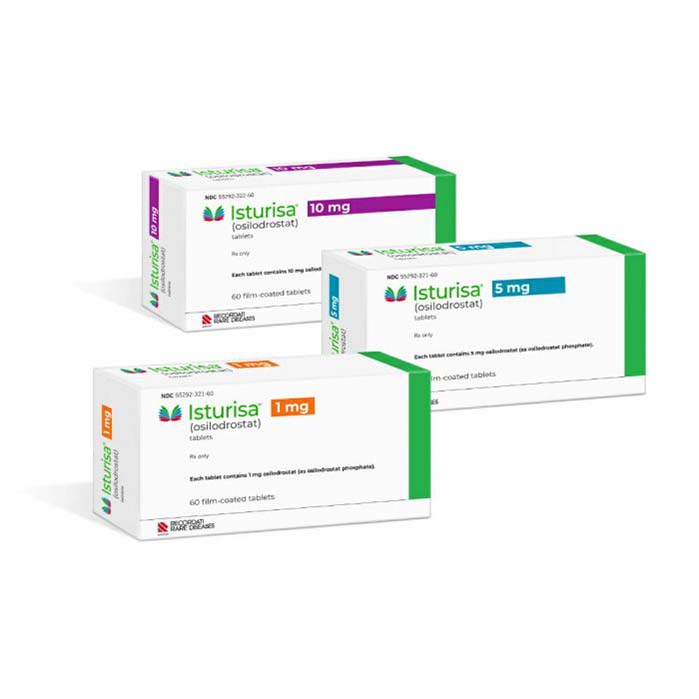
Buy Isturisa (osilodrostat) Online
Total Sales: 0
SKU: 558665
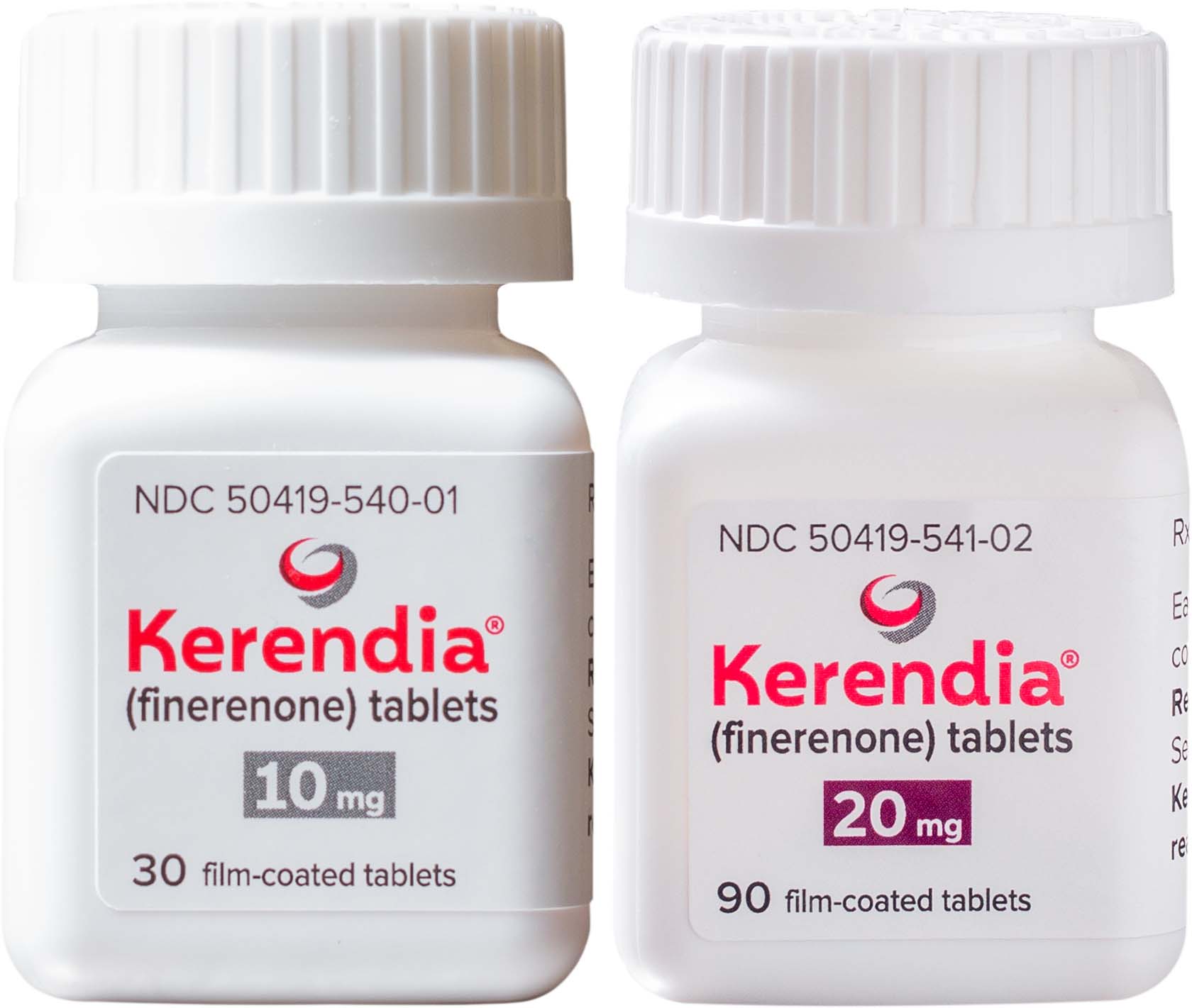
Buy Kerendia (finerenone) Online
Total Sales: 0
SKU: 882527
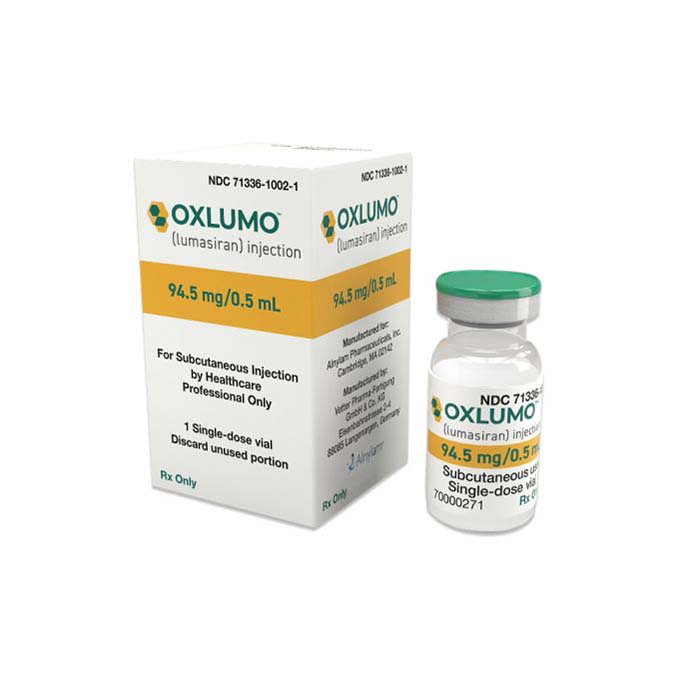
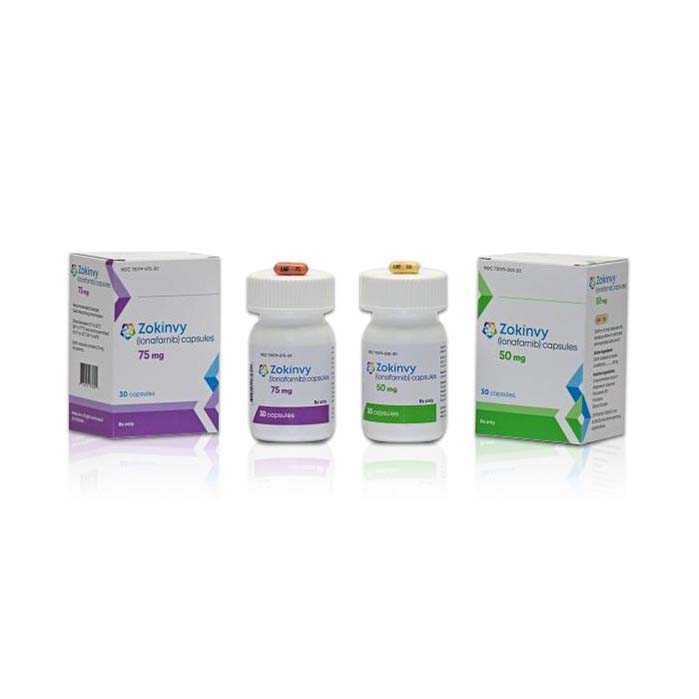
Buy Zokinvy (lonafarnib) Online
Total Sales: 0
SKU: 279612

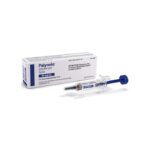

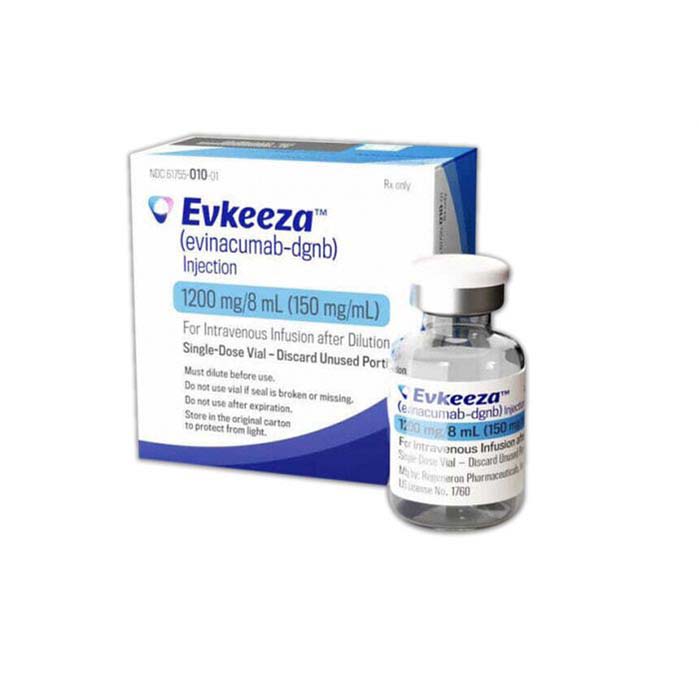
SLee_StrongHealth –
Waylivra has made a real difference for me. The injections are straightforward, and I’ve noticed my triglycerides drop with each dose. My pancreatitis attacks have decreased, which has improved my overall health and well-being. Very thankful for this medication.
Mark Johnson –
I’ve struggled with FCS for years, and Waylivra has given me relief I didn’t think was possible. My flare-ups are less frequent and less severe, and my blood work shows a huge improvement. It’s easy to use, and side effects have been minimal. I feel healthier and more in control.
ARivera_FCSfighter –
Waylivra has been a game changer for managing my familial chylomicronemia syndrome (FCS). Since starting the treatment, my triglyceride levels have dropped dramatically, and I have way fewer episodes of pancreatitis. The injections are manageable, and the support from my healthcare team has been excellent.